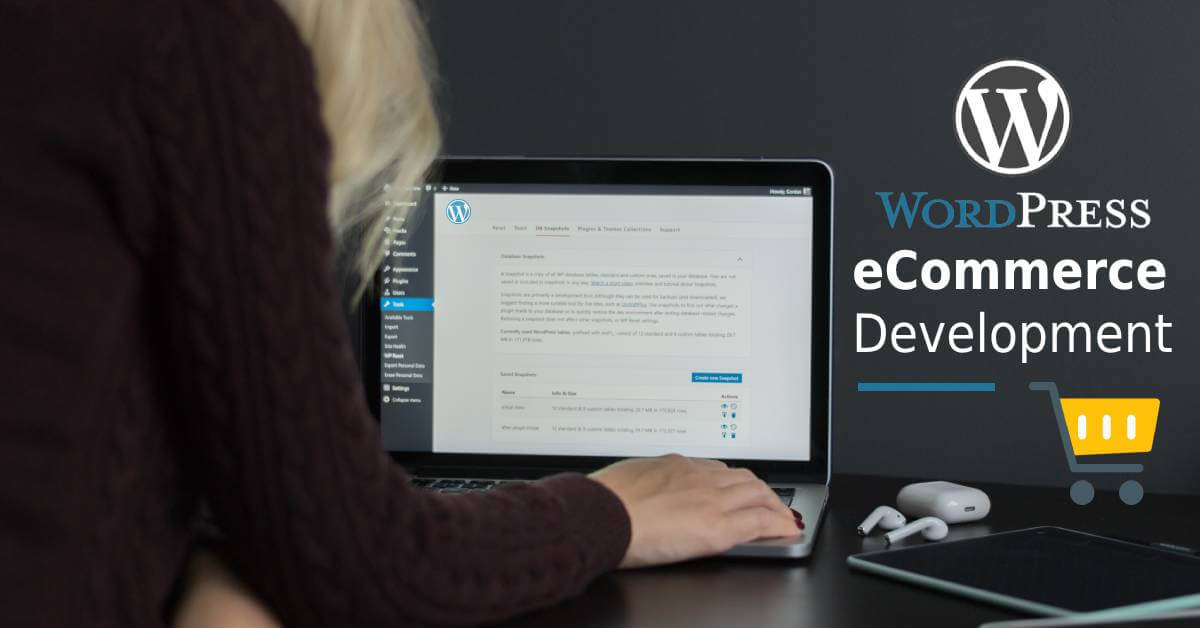
As of 2020, WordPress powers nearly 35% of all the websites on the Internet and 28.19% of all online stores. It’s cheap, user-friendly, and quite convenient. It gives you complete control over the website customization. And, going live is a matter of a few clicks.
WordPress eCommerce development is an attractive option, no doubt!
But, turning a simple WordPress website into a money-making machine is an art of strategies. It involves balancing many factors before any actual revenue can show itself. After all, the ultimate goal is to drive traffic, sales, and conversions. You can’t do that unless you understand the business goals, potential costs, and expectations regarding user experience.
So, here’s a tidbit on critical factors that can severely impact the performance of any WordPress based eCommerce development solution. Consider these to save your time, money, and resources from getting wasted chasing unrealistic goals.
A Little Detour First – Why Choose WordPress for eCommerce Development
 |
WordPress powers 35% of the Internet. |
| 60% of all CMS-built sites are WordPress-based. |  |
 |
28.19% of all online stores are run on the WooCommerce plugin, a flexible eCommerce solution built on WordPress. |
| The official WordPress directory has over 55,000 plug-ins. |  |
 |
WordPress offers over 3500 themes verified by GPL. |
| WordPress runs some of the most popular online stores and marketplaces, including Sony, eBay, and Best Buy. |  |
Source: HostingTribunal
App developers love WordPress website for plenty of reasons. It has a lot to offer as one of the best custom eCommerce development services out there. It’s free to use in the beginning, with reasonable prices and upgrades available to those in need.
Integrating third-party tools comes easy with WordPress. eCommerce development on this platform is not only cost-effective but also very intuitive. There are a variety of plug-ins, several free themes, and many ways to expand and enhance a website’s functionality.
- A large community of developers, peer-documentation, and support
- Easy to control and manage
- Robust enough to support scalable online store development
- Sufficient security measures with the option to install additional security-focussed plug-ins
- Complete control and freedom to customize an eCommerce store’s look and feel
- User-friendly interface
- Developer-friendly tools
Of course, there are hitches, even here.
As an eCommerce development platform, WordPress is incredible. But, you can’t overlook the fact that a beautiful web store isn’t good enough. It just plays a part in any business plan. But, so do the shopping experiences, content management systems, shopping cart integrations, SEO, social media, etc.
So, keep these critical considerations in mind when working with WordPress for custom eCommerce website development.
6 Things to Keep In Mind When Using WordPress for eCommerce
1. Responsive
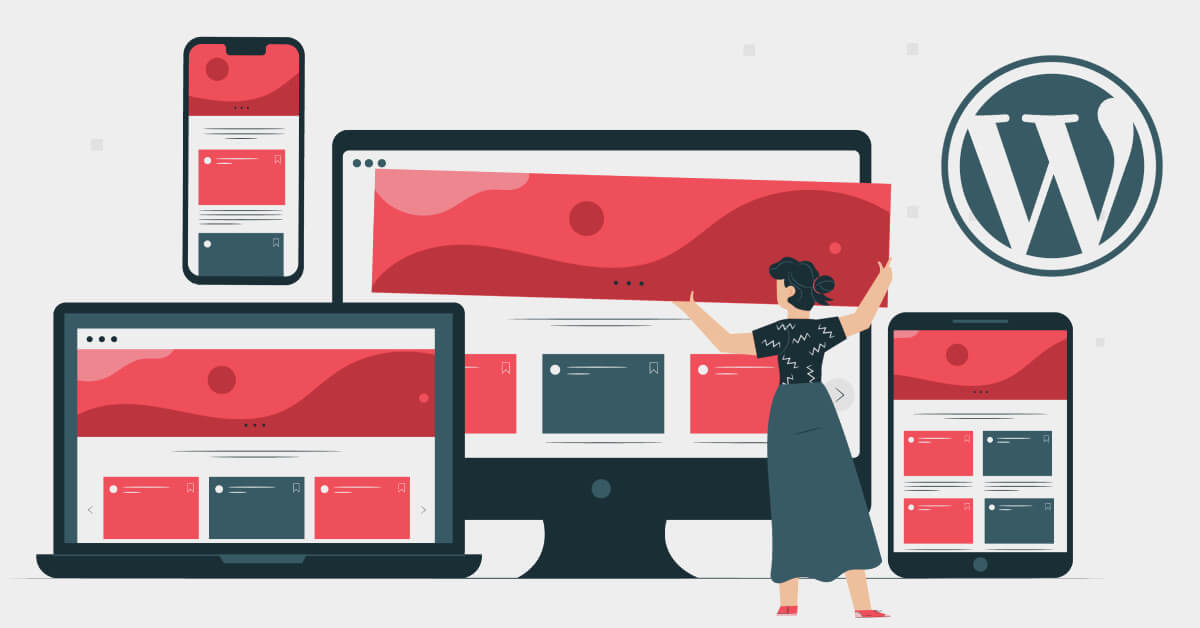
Why is responsive design a must-have in eCommerce?
Well, because, around the world, we have a variety of digital users and devices.
- 5.1 billion unique mobile users
- 3.9 billion active mobile internet users
- 4.5 billion total internet users
These people are using different devices, browsers, and operating systems. Some of them are heavy users of mobile apps, while some prefer websites. From the time of the day to the number of hours of their internet access, user behavior differs.
What stays constant is their expectations of a seamless, smooth digital journey.
That’s why responsive design is critical. It keeps the user experience consistent, regardless of the screen size, browser, OS, etc. It also reduces the maintenance cost. Plus, it reduces the time and work dedicated to design-issues.
So, when you start working with WordPress for eCommerce development, be sure to pick and test fully responsive themes. Check how they work with your layout and assess their look and feel.
2. Scalability, Performance, and Security
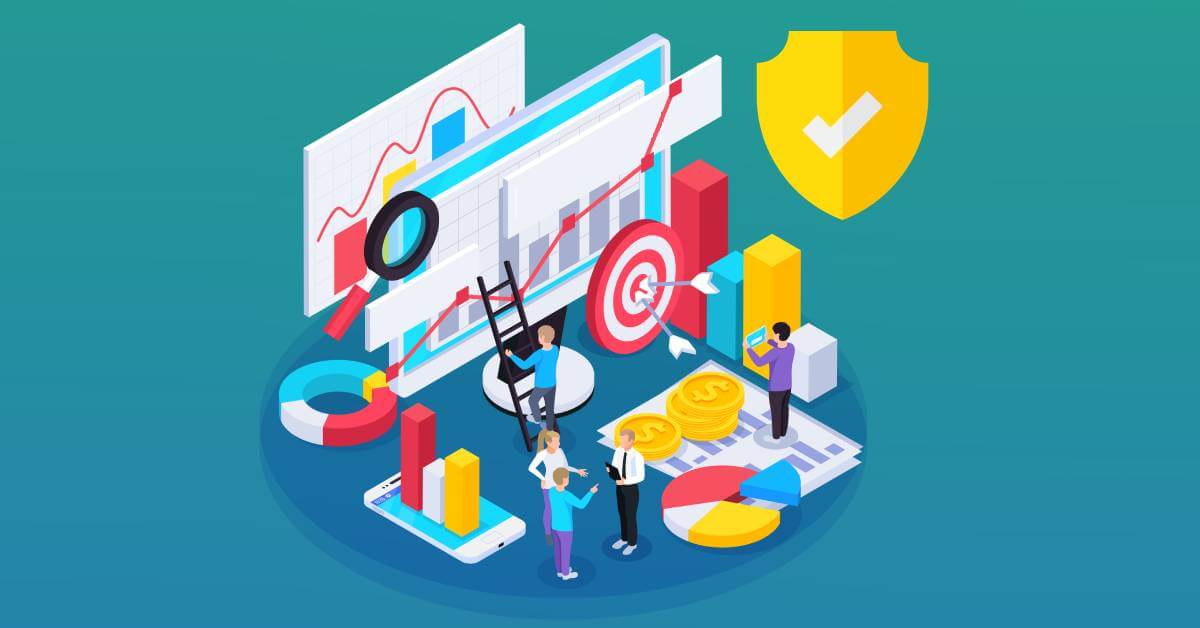
As you must already know, going live on WordPress is a mere matter of a few clicks. However, the eStore’s dimensions and its incoming traffic & transactions will expand with time. When that happens, you don’t want to face sluggish load speed, error messages, or unresponsive sites, do you?
This is as much a website-developer concern as a business-owner one.
As your site traffic grows, every time the eStore fails to cater to that audience will cause a greater impact. Therefore, it is paramount for eCommerce platforms & plug-ins to be scalable to avoid hitches in your growth.
At the same time, when you’re working with your scalability concerns, pay equal attention to performance and security.
For instance, a plug-in with high bandwidth and processing power can’t run smoothly on every eStore. Too many transactions will cause unnecessary load if your eStore is being co-hosted. And not all plug-ins come with SSL certifications.
Not to mention, your eStore will have sensitive buyer information, losing which to the wrong people can be catastrophic for a business.
The lesson is simple.
- Check whether the plug-in, hosting, and other such integrations can support your eStore growth.
- Always keep security as one of your top plug-in filtering concerns.
- Check and optimize your WordPress eCommerce development methods for performance regularly.
3. Shipping & Tax Plug-ins

Will your online store be dealing with one or more of the following constraints?
- Shipping integration with UPS, FedEx, etc.
- International shipping
- Local pick-up
- Related tax calculations for different states/regions
- Shipping charge calculation
- IRS audits or other tax audits
We ask this because this part of running an eCommerce business is almost always complicated. There are tons of rules. The government is involved. And overall, messing up this aspect of an eStore will definitely come back to bite your revenue.
Of course, WordPress has some excellent plug-ins to solve these issues. Take stock of them before going forward with any.
4. Payment Gateways
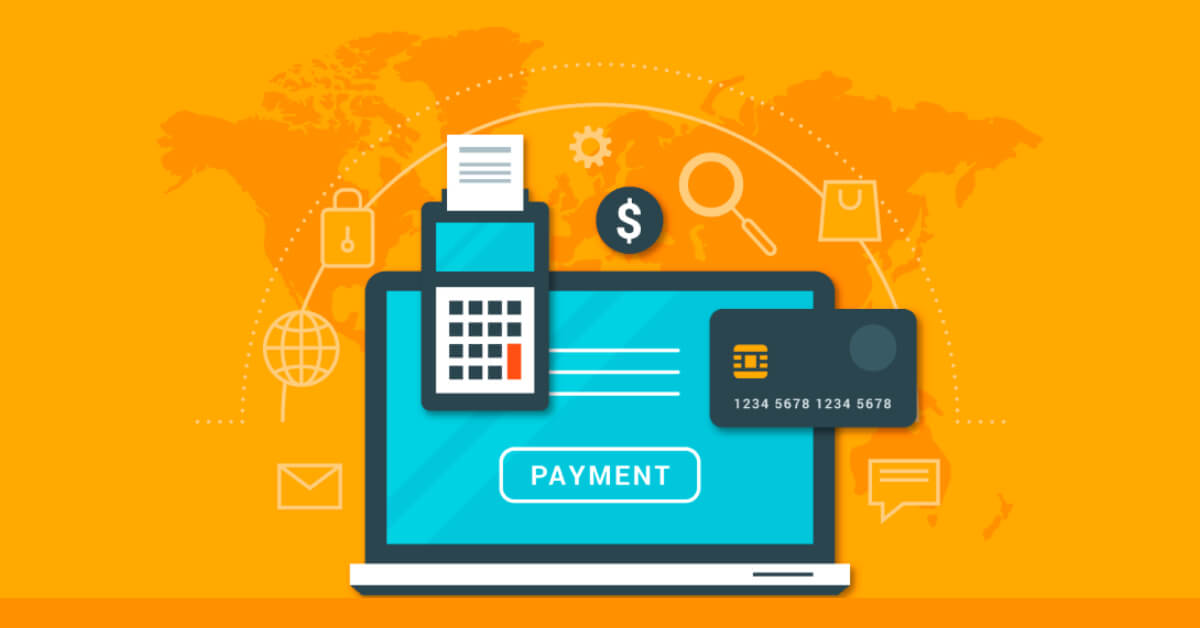
Payment gateways are of monumental importance to eCommerce. They ensure that a transaction is legitimate, carried out properly, and the processor’s information is secure. They protect your business and your customers from fraud. And they contribute to high-quality user experience.
Before integrating a payment gateway with your eCommerce website, you must consider a few things-
- The user experience when transacting
- Charges of the payment gateway provider
- Does your eCommerce platform support the third-party payment gateway
- Educate your WordPress eCommerce development team on different payment gateways. Either pick one that works for you. Or, hire a custom eCommerce development service for the job.
5. SEO
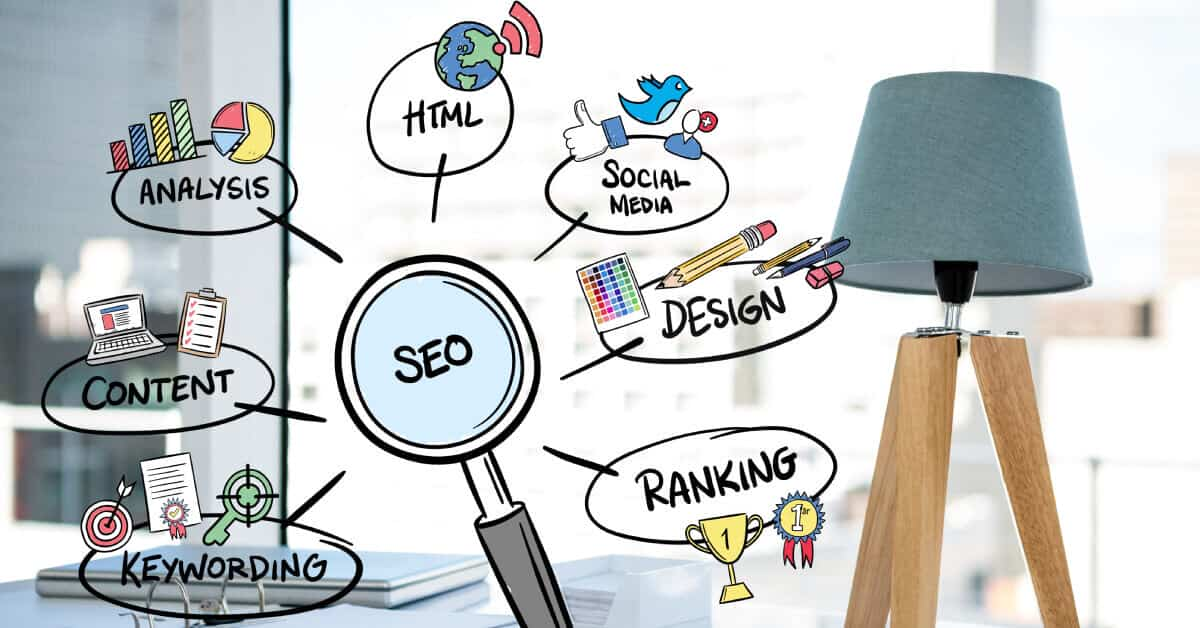
Search Engine Optimization is a tool of visibility. It has the power to put you right in front of your audience. It has the potential to steer users towards you and the solutions you offer.
Of course, it’s a tool with a technique, much of which is as technical a trick as it’s intuitive.
SEO is a cost-effective method of getting leads organically. An SEO strategy can be tailored as per your current market presence, available resources, and brand strength. You can manipulate it according to the changing market and specific competitors. The results are targeted, can be measured, and last for a long time.
Now, as far as WordPress eCommerce development goes, you’ll find a flood of SEO plug-ins. Some of them are excellent tools with proven records of performance. We’re thinking of Yoast, LinkPetrol, MonsterInsights, etc. Find them, test them, and keep the ones you’re comfortable with.
6. Cost
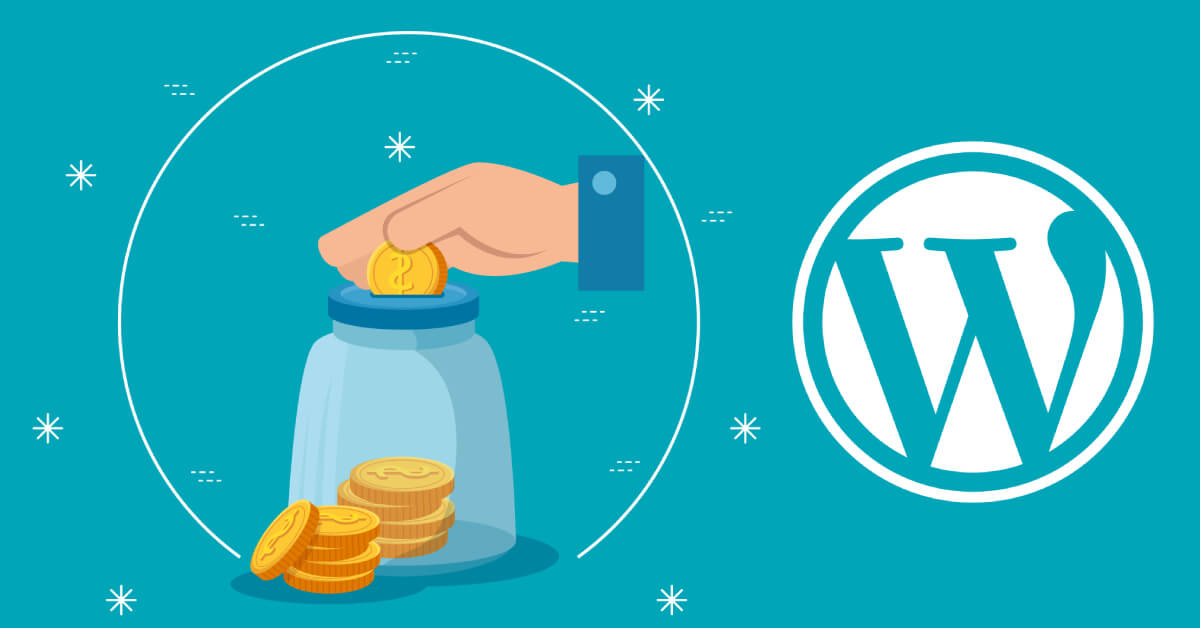
WordPress is cheap. For the most part, at least!
It’s free. It’s open-source. You can register and set-up a store in just a few hours, minutes if you know what you’re doing. But, the real cost of WordPress eCommerce development lies in the hosting, domains, plug-ins, and themes.
Hosting is necessary to publish a website. You can try going for cheaper options, but security can become a concern in such cases. You can choose to co-host, albeit warily, since we already discussed how it could be a scalability nightmare. Finding a host that fits your budget and delivers your needs can be daunting, but working on it will certainly pay off later.
As for domains and plug-ins, some are free, some require one-time payment, and some offer monthly subscriptions. Again, it’s a matter of what you need and how willing you are to pay a specific amount for it.
Analyze, compare, and then make a decision.
Bonus Tip – Always Proceed with a Clear Sense of Your Requirements
You may take development in your hands. Or, you may feel like hiring any custom eCommerce development services.
Neither will help if you don’t know how your online store should look, act, feel, and cost.
As a business stakeholder, you must provide stark, precise requirements to the technical implementer. Stating them clearly will lead to more insightful analysis. It’ll help uncover the feasible and unrealistic parts of your campaign. You’ll focus less on needless haggling and more on what can be done to achieve what you desire.
One of the best practices when conveying your eStore requirements – never combine them.
For instance, let’s suppose you want a responsive eStore with five payment gateways, a particular theme, and that SEO plug-in you adore. But, that statement leads to more questions than it answers.
- Five payment gateways – do you have specific choices?
- What if one of those isn’t compatible with your eStore?
- What if they elevate the overall cost? Would it still be okay to integrate them?
Simply put, be specific. Be unambiguous. And be very, very clear about what you want. Discuss feasibility. Expect that things will cost money. And understand that the final decision lies with you; it’s just smarter to make it after considering everything.
After all, it is your investment and potential revenue on the line, right?
Need more Professional Assistance?
SunTec India is a WordPress eCommerce development company with years of experience and a proven record of success. With our comprehensive suite of custom eCommerce development services, leverage the latest technology and expertise. Build your online store and give your brand the visibility and presence it deserves.
Drop a line at info@suntecindia.com to know more about what we can help you achieve.

